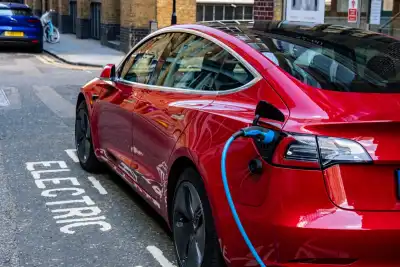
One of the hottest topics of the upcoming October budget will be Vehicle Excise Duty, or road tax to me and you.
It's heavily rumoured that Labour Chancellor, Rachel Reeves, will introduce a pay-per-mile scheme opposed to the current taxation system so frequent drivers pay more than those who rarely use the roads.
It sounds fair in principle, but here at Regit we've got major doubts about whether Reeves will actually opt for this form of taxation as it will be so difficult to police.
On the surface, there would be three ways (at least that we can think of) that pay-per-mile could be managed;
GPS tracking - this would be extremely costly to implement and also raise significant concerns around privacy, which renders this a non-starter.
Tolls - again this would be costly to introduce and there would be so many holes in the road network that this would also be largely ineffective.
Annual declaration - this seems to be the only feasible way of the system being introduced but we have serious concerns about this. We've already seen instances of fraud shoot up with the rise of PPC car sales.
Motorists don't want to be charged for going over their mileage limit so significant numbers are simply rolling their mileage clock back. Using an annual declaration would only see this problem snowball.
And it's not just the implementation which is causing headaches - but the rumoured costs are of concern too.
Aidan Rushby, CEO of the car finance lender Carmoola, has suggested that low-income drivers are simply going to be forced off the road.
He said; "The introduction of a pay-per-mile road tax could worsen the situation, forcing more motorists to abandon their vehicles. It's evident that many Brits are already struggling, and this initiative, planned for October, will significantly impact especially younger drivers and those in rural areas who depend on their cars for work and education."
Since 2017, the current vehicle tax system has been based on the amount of carbon dioxide emissions, with fees ranging from £10 to £2,745.
However, experts estimate that the cost per mile if a new system is introduced would be as high as 15p. If this happens, an average UK motorist, who drives about 7,000 miles a year, would face an annual fee of £1,050 - over £800 more than the current flat rate for cars costing under £40,000.
We'll find out what's actually going to happen on 30th October...



